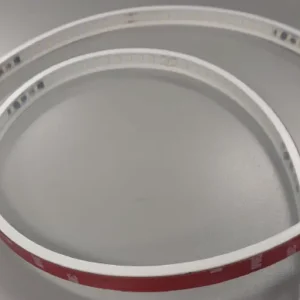Chancellor Philip Hammond has frozen fuel duty at 57.95 pence per litre for the ninth consecutive year in his 2018 Budget.
Hammond claimed this would result in a saving of more than £2,500 to the average van driver since the rate was introduced in 2010.
Howard Cox, founder of the FairFuelUK Campaign, however, was scathing about the benefits of the continuing freeze to UK motorists, he said: “Sadly and true to form, despite the continuing and welcome hold in fuel duty, this government still does not get it, when it comes to our motoring nation. No necessary cut in duty to stimulate the economy, utter silence on those greedy unchecked oil companies continuing to fleece hard pressed motorists at will, and no incentives to move to practical low emissions solutions to improve our air quality.
“And if Brexit collapses is there the spectre of crippling tax hikes at the pumps to come. A hollow Budget, from an out of touch chancellor who’s clueless to what to do with UK roads, public transport and our freedom of mobility.”
The government also announced it would make £420m available to councils to fix potholes on the UK’s roads, a figure Christopher Snelling, head of UK Policy at the Freight Transport Association (FTA), dismissed as a “drop in the ocean”.
He added: “Work that will cost more than £8billion is needed to rectify years of under investment in our road network.”
A more upbeat response came from Sue Robinson, National Franchised Dealers Association (NFDA) director. She described the fuel duty freeze as “positive news for UK motorists and the automotive industry” and added that the cash injection to repair road damage would “benefit the movement of both goods and people across the country”.
The government said it would shortly publish a summary of responses from the consultation on Vehicle Excise Duty (VED) reform for vans, published in May 2018. The summary will set out proposals to introduce environmental incentives from April 2021. It said bands and rates would be set out ahead of the Finance Bill 2019-20.
From 1 April 2019, the VED rate for LCVs, as well as cars and motorcyles, will increase in line with the Retail Price Index.





